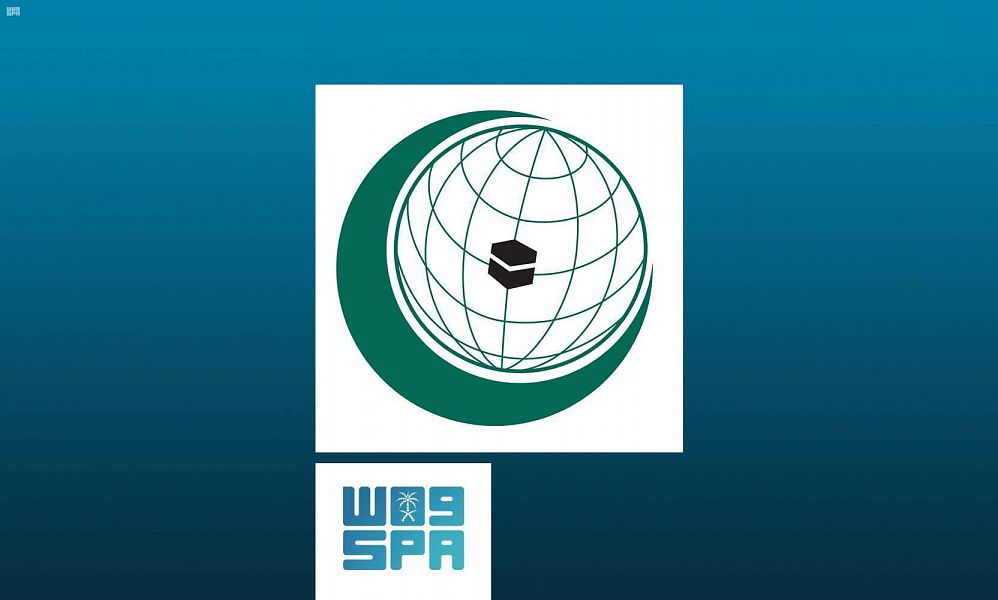
Every day for the last two weeks I have spoken with Ms Du, a mild-mannered, middle-aged woman who is my quarantine handler.
She calls me in the morning to remind me to send her my temperature. She calls again if I forget to send the afternoon reading. She texts rose emojis, reminding me to “please cooperate” with the rules. If I open my door, equipped with a sensor, to put the rubbish in the hall or pick up a delivery, she immediately calls and reminds me to let her know beforehand.
After returning from a reporting trip to Wuhan, I have been in strict self-isolation in my apartment in Beijing. Most days I get calls not just from Du but the local police station, perhaps checking the spelling of my name, someone from the health department asking about my travel history, or other representatives from the neighbourhood committee.
They send messages reminding me to cover my mouth when coughing and not to “spit wherever you please”. The calls and questions, politely made, are constant and after a few days I already feel harried. A pink slip of paper with hearts taped to my door alerts my neighbours how long my quarantine should last.
In the last few weeks, I find that my friends and family elsewhere have started to look at China and its ability to enforce coronavirus measures with a mixture of awe and envy. Many also find it disconcerting. In addition to an army of local residents like Du, the tools of China’s surveillance state help track residents who may pose a health risk.
What strikes me, however, is how confused and sometimes absurd the enforcement of these measures can be. To the outside world, China’s lockdowns and strict quarantine requirements are evidence of its vast state power and draconian tendencies. But on the ground, the implementation is often bureaucratic and bumbling and the measures more tedious and overbearing than intimidating.
A week into my quarantine, I was told to start filling in a daily sheet on whether or not I have experienced a cough, sore throat, fatigue, runny nose, aches, diarrhoea or vomiting that day - ticking yes or no for each symptom. A day later, Du said I would also need to submit my temperature five times a day - every three hours from 9am to 9pm. I negotiated the check-ins down to the original twice a day.
There are loopholes and inconsistencies. A friend in what is called “centralised quarantine” at a designated hotel, mainly for those who have come from overseas, has snuck out several times, wandering the halls and going to the building’s roof. Other apartment compounds have asked returning residents to simply promise not to go out.
In some cases, the processes appear to be well-planned but little effort has been made to communicate to people what will happen. In March, my husband was put into centralised quarantine and delivered to a hotel with nothing more than a list of instructions in Chinese on how to report his temperature and when he could open his windows. There were no details about how he would get meals or water. “For any questions, contact the work group,” it said, without listing any contact information.
Both residents and the people in charge of their quarantines are at the mercy of vague policies, announced with little warning. In one of our more personal exchanges, Du said my quarantine would be extended by seven extra days.
She listened patiently while I had a minor meltdown, demanding to know how they could arbitrarily lock me at home for three weeks. “I understand how you feel, and a lot of people feel the way you do,” she said, promising she would take it up with her superiors.
After 14 days of working from home, doing workout videos and cooking elaborate meals for myself, I finally got a chance to see Du. She was younger than I expected, dressed in a face mask, gloves and a red armband identifying herself as a community volunteer. She was with two medics in full hazmat suits who had come to test whether or not I have the virus. As I squatted down in front of my door so a medic could swab my throat, Du filmed the exchange on her mobile phone.
Later that day, Beijing officials announced the city was downgrading its emergency response level. I sent Du and others several messages highlighting the part of the press conference that seemed to mean I was no longer subject to an extra week of quarantine. No one responded except to say they had not received any directive yet.
The next morning, a man came to take the sensor off my door. As he tugged at the device and scraped at the adhesive, I asked whether or not I could leave. “I don’t know,” he said. “You’ll have to ask someone else.”












